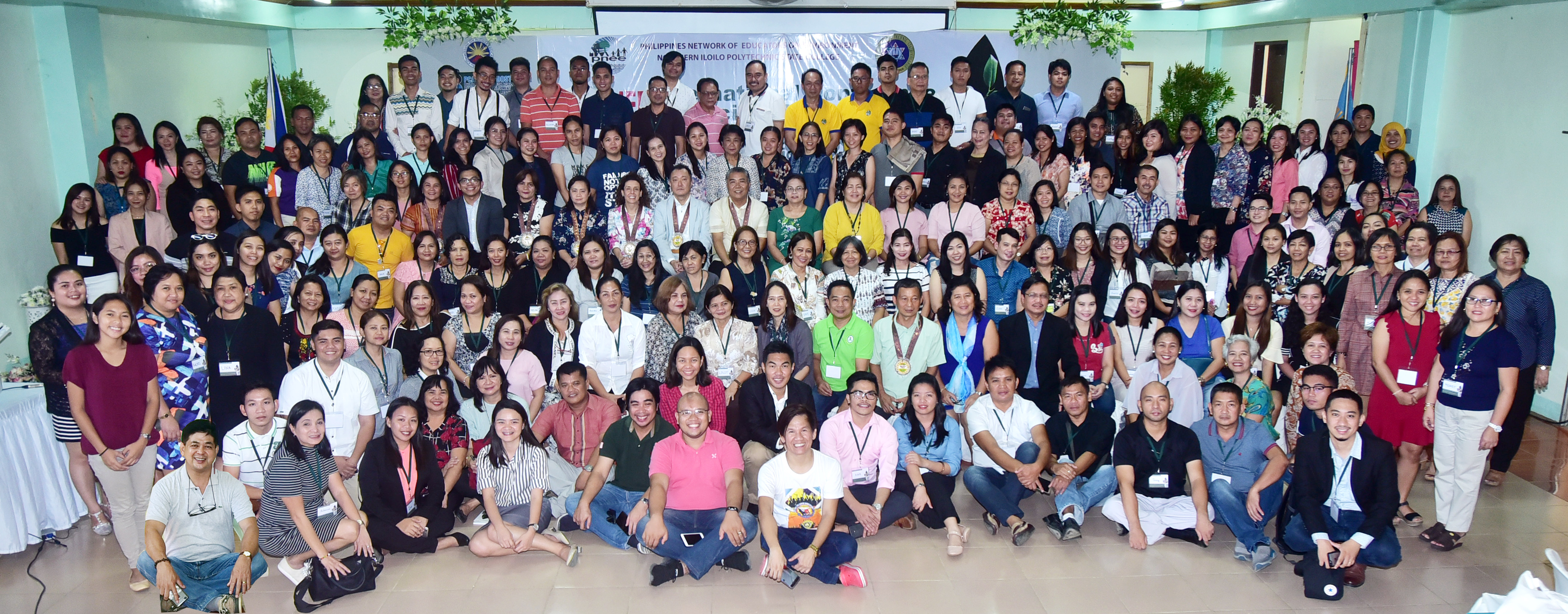Philippine Network of Educators on Environment (PNEE)

Vision
Mission
Objectives
Strategies
Background
In 1986, the Institute of Environmental Science and Management (IESAM) of the University of the Philippines Los Baños (UPLB) submitted to the Ford Foundation a proposal to support financially the organization of the Environmental Education Network of the Philippines. Seeing the potentials of such network, the Ford Foundation readily approved the proposal thereby paving the way for the network’s organizational meeting on March 4, 1988. This network was called the Environmental Education Network of the Philippines (EENP), a loose organization of 8 academic and research institutions.
Until 1989, the Ford Foundation provided funds, mostly for the conduct of meetings of the network.
From 1990-1994, funds needed to really get the EENP firmly established were provided by the Environment and Resource Management Project (ERMP), a CIDA-funded project jointly implemented by Dalhousie University of Canada and the UPLB through IESAM. The ERMP financial support was mainly for the conduct of EENP’s national conferences and business meetings.
The EENP no longer has any financial support from a specific funding agency. It is now sustained by its member institutions as well as other organizations who believe in the vision and mission of the network.
On April 22, 1983, for its “outstanding achievements in the field of environmental education” the EENP received the Philippines’ version of UNEPs Global 500 Roll of Honour for Environmental Achievement from the Department of Environment and Natural Resources (DENR).
On August 22, 2011 was renamed to PHILIPPINES NETWORK OF EDUCATORS ON ENVIRONMENT (PNEE) with SEC registration no. CN201114872.
At present, PNEE has 87 institutional members (state universities and colleges and non-government organization) and 105 individual members (faculty, and researchers) throughout the country.


